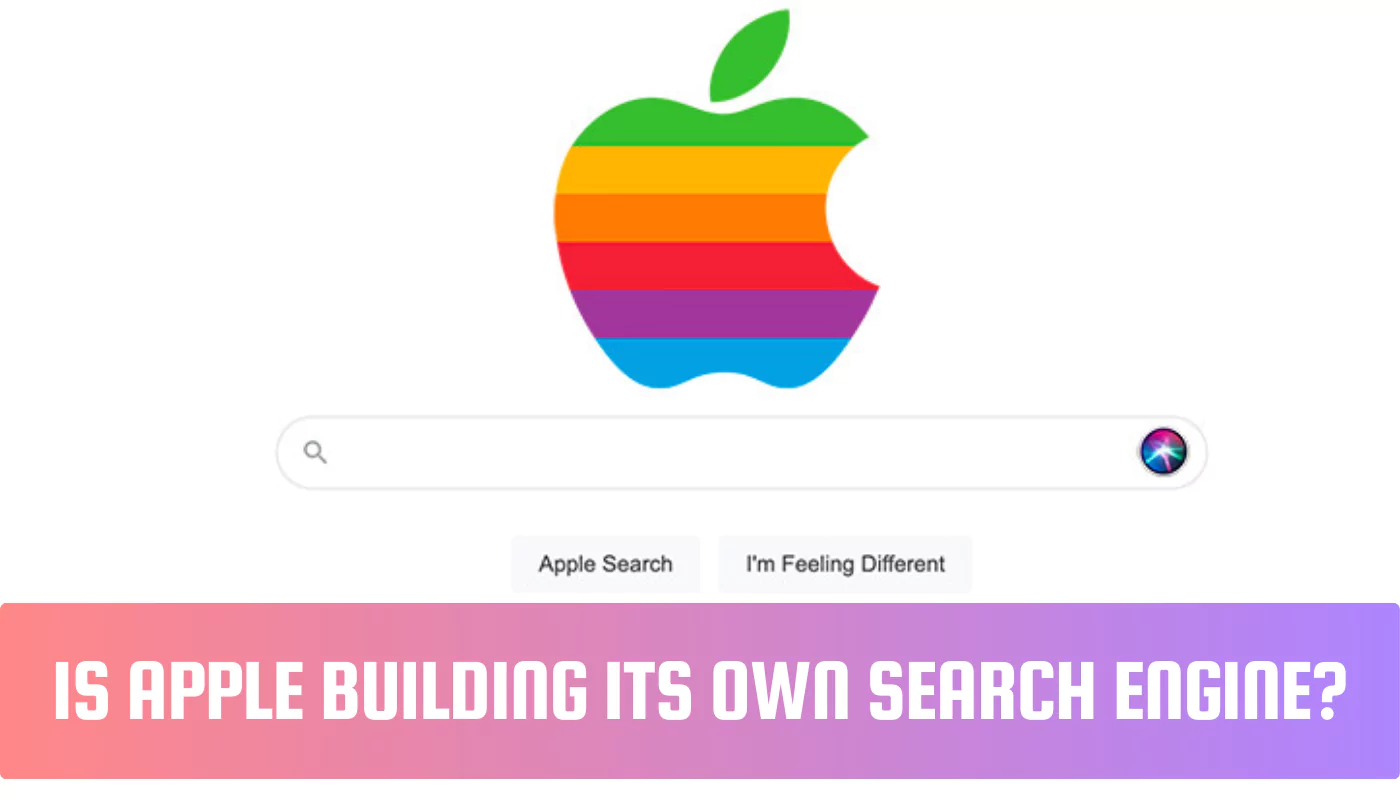Is Google Making a Comeback With its AI Integrations in Cloud?

Yes, Google is making a significant comeback in the cloud market by strategically integrating advanced artificial intelligence (AI) capabilities into its Google Cloud Platform (GCP). Through innovations like Vertex AI, Duet AI, and foundation model integration, Google is not only catching up but also setting new benchmarks in enterprise AI and cloud computing solutions.
Introduction: The Cloud Race and Google’s Position
The cloud computing market has long been dominated by Amazon Web Services (AWS) and Microsoft Azure. Google Cloud, while powerful, has often lagged in market share and enterprise adoption. However, the explosive growth of AI—particularly generative AI—has opened new avenues, and Google is capitalizing on this shift by embedding its world-class AI into its cloud infrastructure. With AI becoming central to digital transformation strategies, Google is now repositioning itself as a leader in intelligent cloud solutions.
Google’s AI-Powered Cloud Services: What’s New?
1. Vertex AI: Unified AI Platform for Enterprises
Vertex AI is Google Cloud’s managed machine learning (ML) platform that enables developers and data scientists to build, deploy, and scale AI models faster and more efficiently. Key features include:
- Support for custom, pre-trained, and foundation models.
- Built-in MLOps tools for model governance, monitoring, and pipelines.
- Integration with BigQuery and Looker for data analytics.
2. Duet AI: AI Assistant for Cloud Developers
Duet AI is Google’s generative AI-powered assistant built directly into Google Cloud services. It helps developers, data engineers, and operations teams:
- Generate code suggestions in real-time.
- Write and optimize SQL queries.
- Automate cloud configurations and troubleshoot errors quickly.
This assistant gives GCP users an experience similar to GitHub Copilot and is aimed at improving productivity across the board.
3. Foundation Model Access and Customization
Google Cloud now offers access to its powerful foundation models—including PaLM, Gemini, and Imagen—through Model Garden. This means:
- Enterprises can leverage state-of-the-art language, vision, and multimodal models.
- Businesses can fine-tune models for industry-specific use cases.
- Easy integration via APIs or using tools like Generative AI Studio.
Industry Use Cases: From Hype to Real ROI
Google’s AI integrations aren’t just theoretical—they’re actively transforming industries:
- Healthcare: AI models that assist in diagnosis, medical imaging, and data analysis.
- Retail: Personalized recommendations, customer chatbots, and inventory forecasting.
- Financial Services: Fraud detection, risk modeling, and generative AI for customer service.
- Manufacturing: Predictive maintenance, supply chain optimization, and quality inspection.
Enterprises are seeing tangible improvements in operational efficiency, customer engagement, and innovation speed.
Why This Is a Comeback Moment for Google
1. AI Leadership Advantage
Unlike AWS and Azure, Google has decades of AI research behind it—from pioneering deep learning frameworks like TensorFlow to achieving breakthroughs in large language models. By directly embedding these into its cloud platform, Google is turning its research edge into a commercial advantage.
2. Strong Ecosystem and Open Approach
Google’s open-source ecosystem and support for multi-cloud environments (via Anthos) make it appealing for businesses wary of vendor lock-in. It also promotes interoperability with Kubernetes, TensorFlow, and MLFlow—allowing users to build flexible, future-proof solutions.
3. Aggressive Product Updates and Partnerships
Google Cloud is now rapidly rolling out AI capabilities and has partnered with leading firms (like SAP, Salesforce, and NVIDIA) to create joint AI solutions. This aggressive push is helping it regain relevance and market share.
Challenges Still Remain
While the momentum is strong, Google still faces:
- Enterprise trust and adoption lag compared to AWS/Azure.
- Complex pricing and support concerns for some businesses.
- Need for a clearer go-to-market strategy in certain regions and industries.
However, its focus on AI-first innovation and developer-centric tools positions it well for long-term growth.
Conclusion: Google Cloud’s AI Integration is More Than Just a Trend
Google’s AI integrations into its cloud platform mark a strategic transformation, not just a feature update. By embedding generative AI, offering customizable foundation models, and supporting enterprise AI lifecycle management, Google is turning its cloud into a smart platform for the future. This positions Google not only for a comeback but for potential leadership in the AI-powered cloud era.
FAQs
Is Google Cloud better than AWS for AI?
Google Cloud offers a stronger AI-native experience with tools like Vertex AI, but AWS still leads in overall cloud services. For AI-focused workloads, Google has the edge.
What is Duet AI in Google Cloud?
Duet AI is an AI-powered assistant integrated into Google Cloud tools that helps developers write code, query databases, and automate infrastructure tasks.
Can I use Google’s generative AI models in my own apps?
Yes, via Vertex AI and Model Garden, you can access and fine-tune models like PaLM and Imagen for custom applications.









